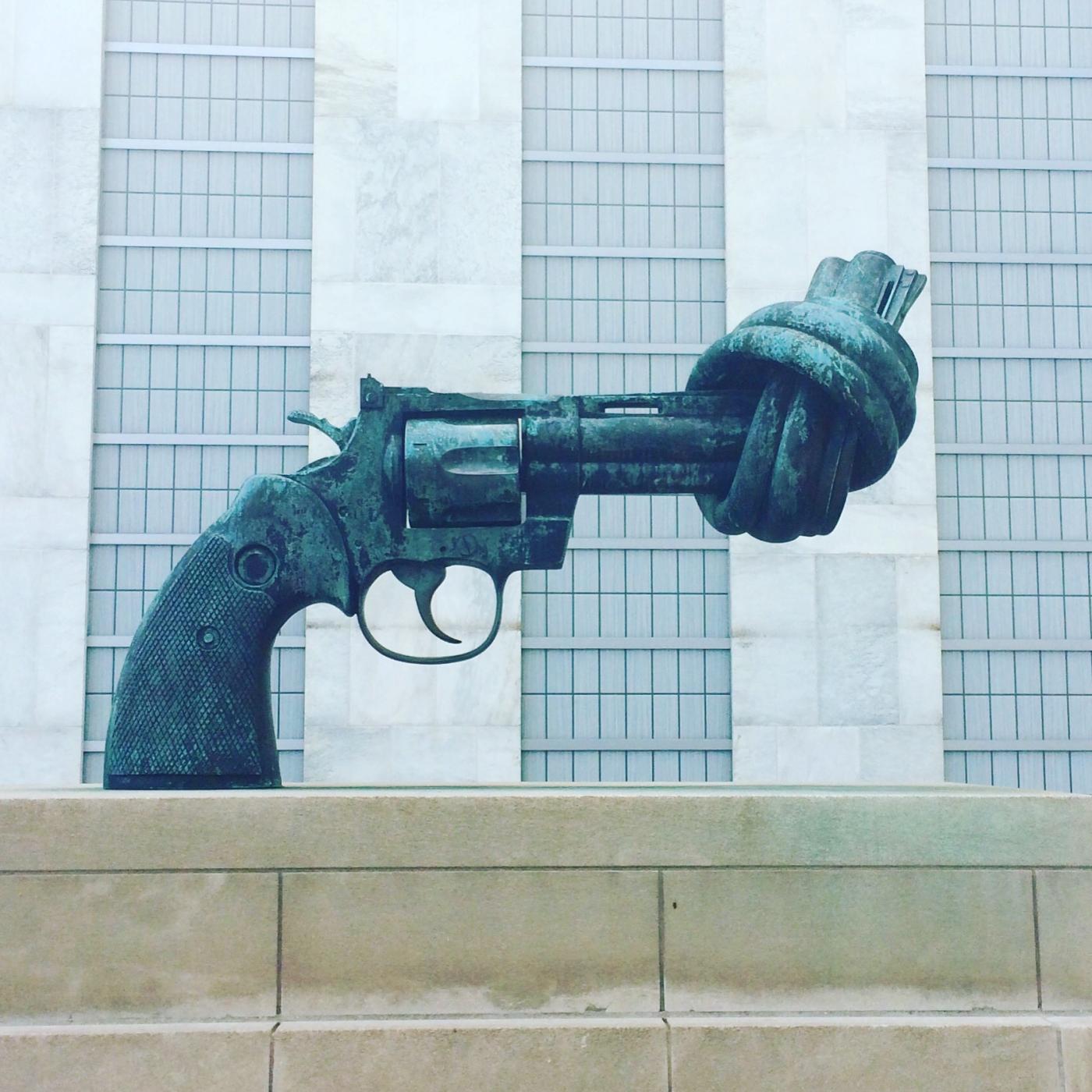What is the role of religious actors from Africa in preventing incitement to violence which could lead to atrocity crimes? This will be the focal point of a meeting in Addis Ababa, Ethiopia, from 9-11 May.
The event is co-organized by the World Council of Churches (WCC), the United Nations Office on Genocide Prevention and the Responsibility to Protect, the International Dialogue Centre (KAICIID) and the Network for Religious and Traditional Peacemakers.
“We hope that religious leaders recognize the root causes of violent extremism in Africa and play a meaningful role to promote full respect and acceptance among communities and populations, valuing diversity and not discriminating on the basis or religion or beliefs,” said Rudelmar Bueno de Faria, WCC representative to the United Nations in New York and one of the coordinators of the event.
Religious actors representing different faiths from a broad range of countries will participate in the meeting, including Burundi, the Central African Republic, Chad, Cote d'Ivoire, the Democratic Republic of the Congo, Ethiopia, Guinea, Kenya, Liberia, Malawi, Nigeria, Rwanda, Somalia, South Africa, South Sudan, Sudan, Tanzania, Uganda and Zimbabwe. They will work together over two days to develop a strategy to prevent and counter incitement to discrimination, hostility and violence in the region.
In recent years, there has been a marked increase in atrocity crimes perpetrated both by states and by non-state armed actors.
The violence that leads to these crimes often starts with an escalation of tensions between ethnic and religious communities, which is often preceded and triggered by “hate speech” and incitement to violence. As key influencers and voices of authority in their communities, religious actors have a key role to play in preventing incitement to violence.
At the meeting, participants will learn to recognize what constitutes incitement, identify best practices and lessons learned by peer religious leaders and actors for the prevention of incitement, and examine ways in which religious actors can act fast and decisively to identify, counteract and prevent incitement, particularly in situations where there is an imminent risk of violence.
The meeting will also explore the role of religious actors from Africa in preventing and combating the radicalization of youth and in engaging with radicalized youth, including those who come back from conflict areas, for the purposes of rehabilitating and reintegrating them into society.
The event in Addis Ababa is part of a series of similar regional events taking place around the world since 2015. Regional meetings were already organized in Europe, Middle East and the Americas.
Related links:
Atrocity crimes, healing focus of WCC co-sponsored event at UN (WCC news release from 29 April 2016)
